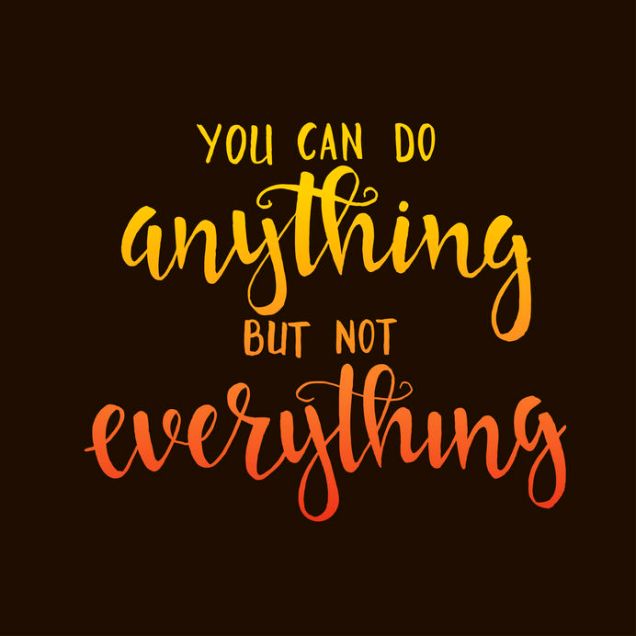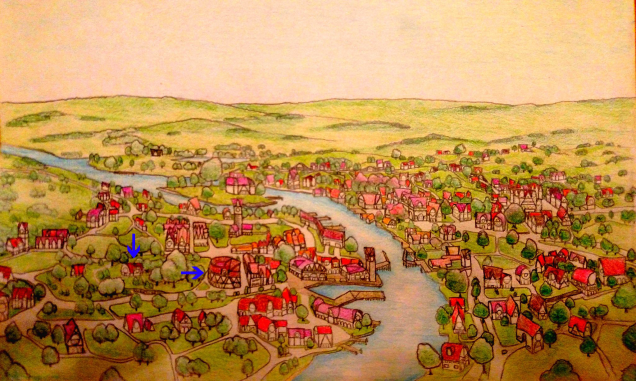I’m a lucky girl. In addition to going to library school, I get to work with the iSchool Public Libraries Initiative (IPLI), which was launched last fall at Syracuse University’s School of Information Studies. IPLI is described very well in this article as “a discovery zone for public library innovation, a hub for student inquiry on librarianship topics, and a means to circulate new ideas and research findings to public library professionals.”
So what does this mean for me? Well, it means that I get to participate in research surrounding public libraries. What’s even better is that I get to choose the sorts of projects I work on. Pretty sweet, right?
But therein lies the problem.
When asked by my faculty mentor what I’m interested in working on, the answer is very often, “I don’t know.” Not because I don’t have any ideas but because I have too many.

“What are you interested in?” she asks me, “What do you want to learn?”
“Everything!” is my frequent response during these conversations, and then my faculty mentor exhibits great restraint by not rolling her eyes at me.
Unfortunately, “everything” is not really a reasonable topic when doing public library research. Of course, librarians of all types are doing research about all sorts of things, so almost anything you can think of is probably being researched by one person or another. But for the individual graduate student hoping to make a contribution in the field of public librarianship, “everything” is not an achievable goal.
So I have to narrow things down, and I’ve gotten better at it. Instead of focusing on “everything,” I have instead:
- worked with IPLI colleagues to learn more about public library funding models across the U.S.
- investigated innovative public library programs that happen outside the library building and don’t have to do with books (see previous blog posts here and here)
- explored how public libraries are promoting health and wellness in their communities (see here, here, and here)
- written an article about the aforementioned topic and submitted it to an academic journal (fingers crossed that it will be accepted)
- begun the process of getting permission from my university’s Office of Research Integrity and Protections to conduct interviews about one of my topics of interest
- started learning more about emotional labor, burnout, and self-care in the library profession
There are still other things I am interested in when it comes to public librarianship — I have a whole nerdy spreadsheet full of possibilities to delve into when the time is right — but it seems wiser to concentrate on just a few at a time instead of fruitlessly trying to tackle all of them at once.
I’m really grateful to be working as part of the IPLI team. Having the opportunity to research public libraries is fascinating and incredibly rewarding. Now, if only I can remember that important life lesson “You can do anything but not everything.”












